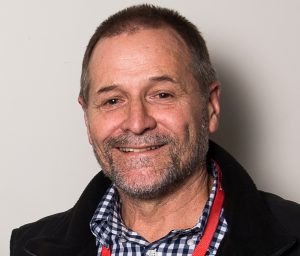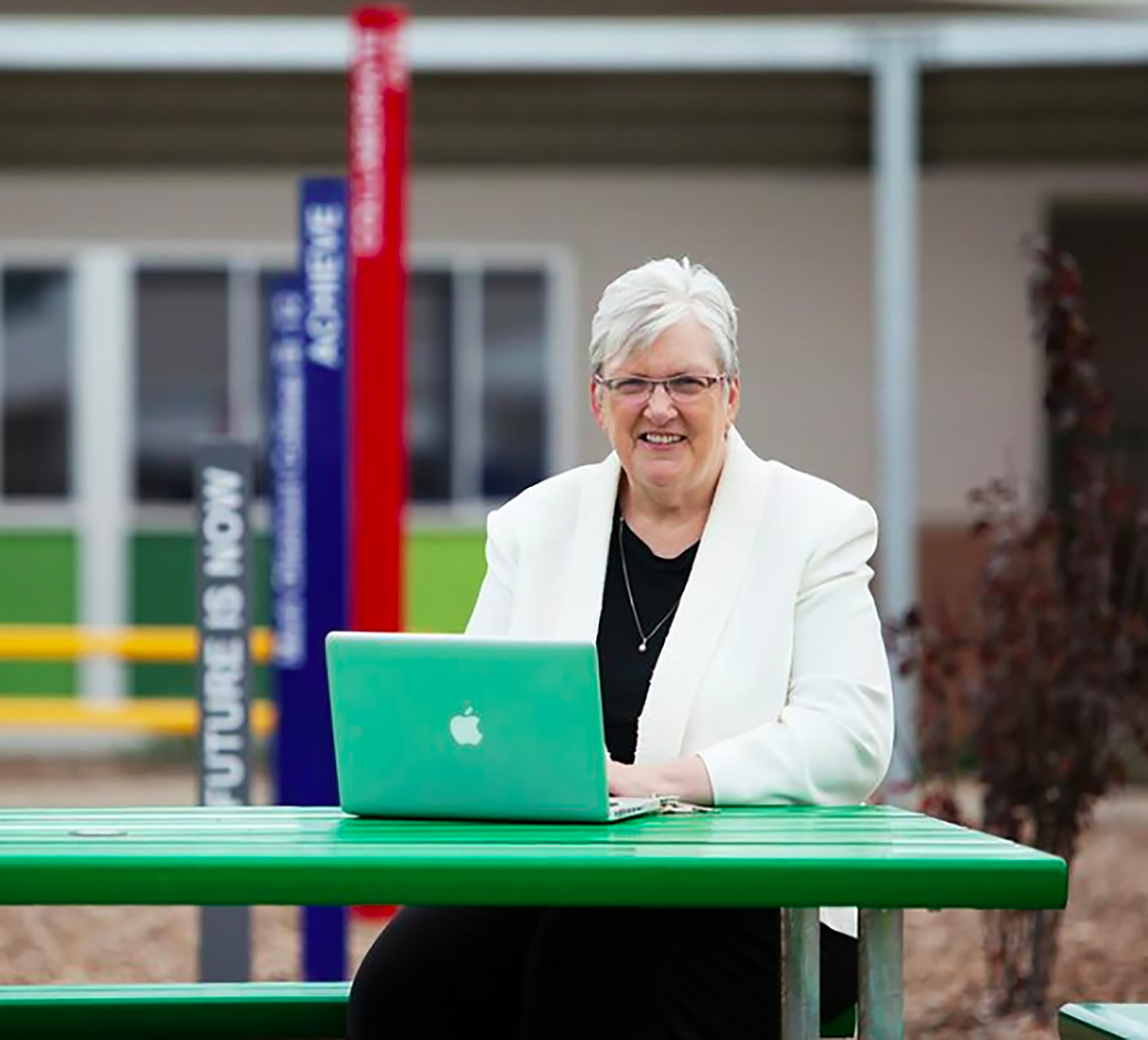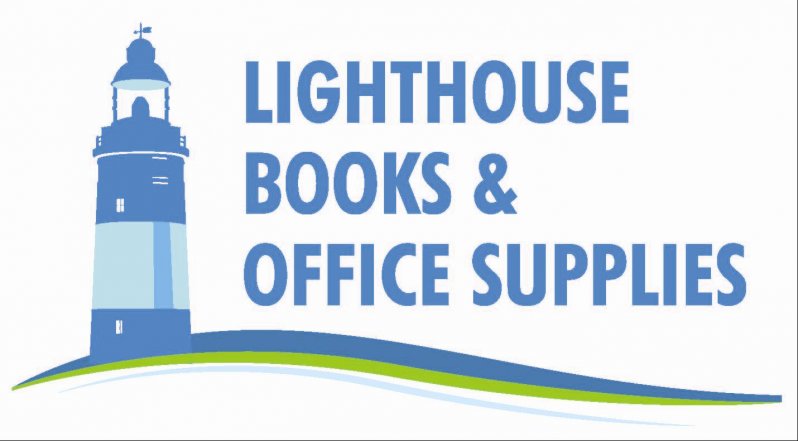
Retired principals: still so much to offer
11th May 2017
Principals Paul Wilson (Christies Beach HS 2004-11 and Golden Grove HS 2011-2016) and Martin Rumsby (Modbury HS 2009-2016) retired at the end of 2016. In addition to the many years of principalship, each started his teaching career in 1975 and spent the next 40 years with the Education Department, through all its iterations. Both Paul and Martin represent the ‘traditional’ teacher who spent their entire professional life in education and, obviously, an enormous amount of education experience retired with them. While it was common for their generation to pursue the one career over a lifetime, the practice is certainly less common today, and many teachers who begin in the profession will, for a whole range of reasons, leave. And the figures indicate that they leave very early in their careers.
Both principals drew a distinction between retiring from their school and retiring from the Department.
The retirement from the school runs to its own accepted logic. When the decision is taken, there is a predictable process of farewell and hand-over and, commonly, all this takes place within the context of ensuring that all is ready for the coming school year. Behind this process is the reality that there can only ever be one principal of the school. The essential plan therefore is to minimise any disruption to the school and maximise support for the incoming principal. The retiring principal might well experience some sense of ‘loss’ and ‘letting go’ but this is offset against the promise of what retirement can bring, including, most likely, a less stressful life and the pursuit of interests that have had to be put off for so long.
The retirement from the Department as a principal can be different. As indicated, both these principals had developed an extensive amount of ‘education capital’ in the State system over many years. On retirement, this capital does not suddenly disappear. Both these principals felt that they still had much to offer and hoped that they could, via the Department, use their knowledge and experience to help new principals. The concern was not about the Department’s formal recognition of their service. In fact, both were complimentary of the Department’s formal recognition. Rather, from their perspective, it was difficult to accept that retirement had to represent such a complete end to their professional life. This practical concern raises the issue of whether there could/should be, for those principals interested, a mutually-beneficial scheme that could take advantage of their expertise and ongoing commitment.
In terms of the principalship itself, both principals were all too aware of the pressure that goes with the position. They noted that the pressure is always increasing. Social media, for example, has created a complete new set of problems for the school. As well, parental expectations on quality of service – covering everything from the school’s responsiveness to their individual concerns to the overall quality of the school’s communications – continue to grow. There are similar expectations in the area of accountability. Then there is the increasing ‘soft’ and ‘hard’ politicisation of much that schools do, from the curriculum and assessment to specific student-focused programs and, of course, the politics in the broader community, whether it relates to refugees or school funding.
Given the pressure, both principals were very conscious of the need to devise ways to protect their health and give themselves some ‘distance’ and relief from the job. The idea of blocked-out ’personal time’ was raised. They spoke about the need to be able to ‘de-brief’ with someone and the fundamental importance of keeping everything in perspective. They spoke about the realisation that most of the conflict situations they found themselves in were ‘displaced’ in the sense that there was no personal failing on their part. Rather, it was just that as the principal of the school – the figure seen as responsible for everything and everyone – the anger, frustration and anxiety were inevitably directed at them. It was critically important to be able to stand ‘outside’ such situations and not be burdened by the ‘false baggage’. At the same time, both principals acknowledged that while it was possible to understand the real dynamics associated with discharging the role of principal, come up with a range of strategies to make the role more achievable and, at the same time, protect their health and well being, the reality was that it was extremely difficult, on an ongoing basis, to maintain any initiative to reduce the pressure. It was one area where it was extremely difficult to put a theoretical perspective into practice, and then maintain it. As an aside, Martin Rumsby rode his bike to and from school, and he felt that the quiet time on the bike – about 45 mins each way – was perfect for combining fitness with daily planning going one way and debriefing coming back the other. But it could hardly become a recommended strategy.
Both principals were forthright in commenting on their decision to retire. For both it was about the reluctance to commit to another 5 years. Martin Rumsby noted that while he loved 90% of the work of being a principal he did not feel that he could commit to another five year term. He explained that he had began to feel emotionally fatigued because of the demands of the job – managing conflict, meeting the relentless Departmental deadlines, the constant evening meetings, the endless emails etc – and that he knew he had to consider the impact of all this pressure on his own health – Logically, I knew that I couldn’t take my health for granted and there were things I wanted to do outside being a principal that required a reasonable level of health. I felt that to continue in the role of principal into my late sixties would be pushing my luck too far. Similarly, Paul Wilson knew that he needed a rest. He made a rational choice balancing the demands of the job with his own welfare. He was not prepared to commit to another term. Nor was he keen to put himself through the pressure of the selection process again. However, he also made the point, strongly, that he believed he still had much to offer and he did not see retirement as the end of his professional life: I would still delight in supporting and mentoring any principals or school leaders in need and/or advising through any committees or working parties. Paul was sure that he still has valuable skills and experience to offer.
As indicated, both principals had a long involvement with schooling and both had filled multiple, school leadership positions before they became principals. They were intimately familiar with the operations and structures that schools rely on to function, and they knew just how critical it is that the basic, everyday processes of schooling happen smoothly, in ways that are predictable, supported, and agreed-upon. This level of operation only happens with considerable effort and expertise. They highlighted the importance of a united and supportive leadership team in the school. It was critically important that the principal had the opportunity to create such a team. A supportive Governing Council was also seen as a great asset. It was also important for the new principal to understand the particular context of the school. Each school has its own social context, particular resource and operational challenges, cultural and historical dimensions, and the principal always needs to understand these and work with them. The challenge for the principal is always to build the school from where it is, both in the sense of improving educational outcomes and strengthening the school’s sense of its unique importance and past success.
In terms of the leadership modelled by the principal, both principals made the point that the way the principal managed relationships within the school was critically important. The expertise and skills for managing relationships that the principal has in their leadership toolbox, together with enduring personal qualities such as transparency and integrity, are all critical considerations. Staff look to the principal and expect the principal to set the standard and tone for professional and personal relationships. The principal needs to be visible and highly effective in this area; and this is certainly not easy to achieve in a work environment where the degree and range of responsibility imposed on the principal are constantly being ramped up at the same time that their authority is increasingly compromised. Both remarked that other staff see the challenges facing the principal’s leadership and dismiss out of hand any idea that they would ever aspire to the role.
One perceptive observation made by both principals centred on what they saw as the principal’s role in isolating the staff from Departmental ’noise’. They spoke about the increasing challenges facing the classroom teacher and the degree to which the daily challenges in the classroom were all consuming. They saw the principal’s role as one that supported teachers by limiting unnecessary distractions and confusion. They believed that they needed to minimise Departmental ‘noise’ by first going through the latest directive, initiative or policy themselves and then interpreting and presenting it in a manner appropriate to the staff and within a narrative that built on current good practice. No matter how ‘good’ the Department’s ‘word’, neither believed that it was possible to simply present it ‘cold’.
The Department itself might not appreciate the insight but it does represent some significant realities. Historically, there has always been a certain ‘distance’ between the everyday reality of teaching in the classroom and the development of education policy at the higher, and separate, Departmental level. There has always been reservation from school staff as to whether the latest policy or pronouncement really relates to their daily work, is based on an accurate understanding of classroom realities and improves outcomes for students. More recently, as the Department has itself become more corporatised and politicised, the degree of cynicism at the school level has grown. Correspondingly, the management of the interface between the individual school and the Department has become far more challenging for the principal. Equally, the Department must rely to a great degree on the skill and commitment of the individual principal to pursue its agenda. It is also another reminder of just how much the Department needs to value the expertise and understanding of the principal class and involve them in its core operations. Paul Wilson had a related observation on this ‘distance’ between the schools and the Department. He spent many years in the VET space and more recently he was involved with FLO. He was critical of the way the Department builds expertise and knowledge in new initiatives and programs but then, with changed priorities and the churn of restructuring, it is routinely prepared to sacrifice such education capital.
Both Martin and Paul are very proud of their professional careers in education and their years as principals. Their insights reflected intimate understanding of how schools operate and the centrality and intricacy of the principal’s role in putting in place the essential culture, structures and processes that underpin the educational achievements of the school.
In response to the specific request for advice they would offer to a beginning principal, both principals emphasised the importance of understanding the true nature of school leadership. It is important to acknowledge this advice in their own words.
Martin Rumsby
- be a role model for the behaviour that you expect of other members of the school community
- understand your own strengths and areas for improvement as a leader. Surround yourself with a team of people who can complement your attributes
- take the time to learn about your school before making significant change. Listen to the views of a wide cross-section of the school community.
- Join SASPA, form good relationships with other principals in your partnership and your regional secondary principals’ group. Principals in other schools can offer valuable support.
- keep a balance in your life by developing strategies to separate and protect your personal life from your professional life. Where possible don’t take work issues home.
- keep learning by attending conferences and undertaking professional reading
Paul Wilson
- know and care about the context of your school
- be clear about what being the principal of the school is all about – have your beliefs but don’t be a ‘know all’ or an egotist. Remember that principals are also learners. They are not the ‘font of all wisdom’. School leadership is about WE and US: it is not about I and ME. Successful schools are not led by ‘lone rangers’ or missionaries.
- have a strong moral purpose. Your school must know and see what you stand for.
- always have your ‘radar’ and networks tuned – always acknowledge and celebrate individual and school improvement and achievement and be visible to your community
- it is not about change for the sake of change: it is about contemporary relevance and continuous improvement. Listening and observing are critical here.
- positive relationships within the school are at the core of school improvement. Don’t despair, you cannot and will not be everyone’s friend all the time. Relationships are built by being fair, respectful and authentic.
- Don’t underestimate your importance to your school and your community – you are their principal. They expect you to lead and to advocate for them to enable everyone to achieve their best.
- Remember that first and foremost schools are places of learning. School staff rooms need to be populated by experts in learning.
It is interesting that in the observations of these 2 principals a central theme to emerge was that of the complex and often difficult relationship between the individual school, or more specifically the principal, and the Department. This relationship is fundamental in any successful Public system of education. With this in mind both were asked a specific question on what the Department could do to reduce pressure on all principals.
Martin Rumsby had a very practical approach to managing the conflicting demands placed on the principal: Principals have to serve the needs of many ‘masters’ – DECD, the local partnership, the secondary principals’ group and, of course, the local school community. I found it impossible to meet all of those needs to the level I was completely satisfied with so I prioritised the local school community and did the best I could with the rest.
Martin did acknowledge areas where DECD has supported principals and has had some success in reducing the pressure on them: In recent years I think DECD has assisted principals with the introduction of the Parent Complaint section – I found the people working in this section very helpful in resolving issues – and reviewing and reducing the number of policy statements.
At the same time, he had no difficulty in identifying areas where DECD needed to act – reducing the number of emails to principals, making the TRT supplementation process automatic, maintaining funding for Partnerships and providing some guaranteed funding for secondary principal groups … – and he also noted how policy changes continued to transfer even more pressure to principals in schools, e.g. the removal of tenure for teachers and the related issue of teacher (under)performance.
Paul Wilson also noted the DECD pressure on principals – the constant barrage of accountability measures is very wearing on the principal. However, he saw the possibility of a different dynamic between the Department and principals, one filtered through existing principal associations like SASPA. Once again, this style of thinking matched his conviction that retired principals had much to offer both the profession and the Department. One of his recommendations was that DECD work with the leader associations to seek ways to cut the red tape so that there is actually greater autonomy for principals to make local decisions. He acknowledged that this would have to be done within ‘government regulation’. He also had a highly specific recommendation of mentoring principals:
I would like to see DECD work with school leader associations (ie SASPA, SAPPA etc) to support the leadership and mentoring of Principals. I would like to see authentic mentoring and support provided to school Principals in their times of need. I don’t believe that DECD makes enough effort to tap the skills, knowledge and experience of retired school leaders. The school leader associations are well placed to do this. The leaders of SASPA & SAPPA etc know about the expertise and skills of retired and experienced school leaders. They are able to identify experienced leaders who could support individual principals / school leaders with their needs. I believe that there should be a more ground up approach to Principal support and mentoring. What happens at the moment appears to be top down and essentially only supports newly appointed leaders and it appears to be directed by DECD (usually using consultancies). Enable the associations to identify the experienced leader who can support the principal in need at the time. SASPA has the capacity for example to match appropriate school leaders (retired or still practising) to support the particular principal / school leader in need.
Paul was also keen on the Department formally recognising and promoting professional learning for principals in ways employed in the tertiary education sector and other professions:
I would like to see DECD provide study leave and/or sabbatical leave (obviously within qualifying guidelines) into the award for school leaders. This is to acknowledge the need for Principals to maintain currency in professional learning to maintain their relevance and/or to enable them to ‘recharge’
Suggestions such as these are very powerful and, most importantly, raise the possibility of successful, and mutually beneficial, three-way professional relationships between retiring principals, principal associations and the Department.
Both these newly retired principals obviously reject the notion that retirement equates to the end of their professional life. This is hardly surprising given that both of them spent their entire working life in education. Like so many other retiring principals, they still have significant levels of leadership capital and commitment to offer.

Martin Rumsby

Paul Wilson


















